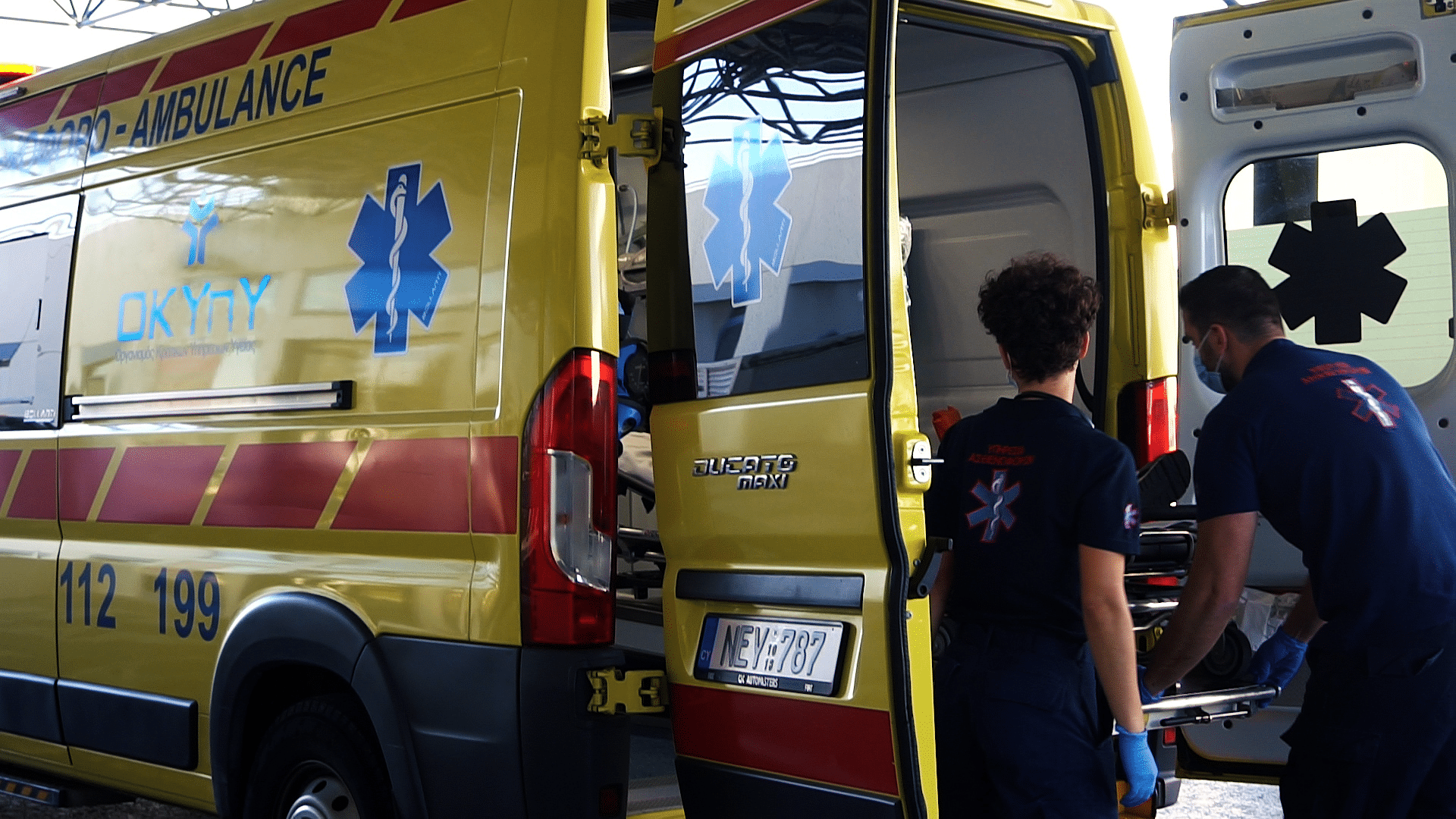Latest version of bill on ambulances gathering dust since 2019
Despite promises, the long-awaited bill regulating the ambulance services has been delayed again, three years after it was submitted to parliament.
Now, it is up to the new government to decide on the fate of the bill, but no developments are in sight.
In Cyprus, there is no law regulating the operation and licensing of the ambulance services. This includes the profession of ambulance service providers and ambulance staff as well as the registration of ambulance vehicles.
Commenting on the issue last month, former Health Minister Michalis Hadjipantela committed that he would try to promote the bill before the end of his term.
“This [is also] a bill that is behind schedule,” he said. “Our goal is to work as long as it takes in these last few days” to promote the bill, the former minister had said.
However, it has still not been submitted before the plenary session of the parliament.
And further delays can be expected as the new health minister, appointed after the presidential elections last month, has now taken over.
Since she assumed her responsibilities, Popi Kanari, has vowed to provide “immediate solutions” to the problems afflicting public hospitals. She started with a visit to the Limassol general hospital this week, which has recently been the epicentre of medical negligence complaints. While she was there, the minister said she will focus on including the accidents and emergency departments of private hospitals within Gesy so there is at least one private A&E in every district.
So far, only Limassol-based Mediterranean Hospital in Limassol was included in the national health scheme although many private health facilities are registered with Gesy.
However, no developments are scheduled that specifically concern the promotion of the ambulance bill according to the new health ministry spokesman Demetris Constantinou.
“The minister must first be informed about the issues concerning the ambulance service and then have contacts with the parliament,” Constantinou said.
The act on the regulation of the licensing, control and supervision of ambulance service providers was approved by cabinet in December 2019. It was submitted to parliament during the coronavirus pandemic on January 24, 2020 but has been withdrawn with officials saying there were many omissions.
Among the MPs involved when the discussion first started three years ago, was Akel’s Giorgos Georgiou who had said the bill failed to include provisions that would detail what is considered an emergency call nor did it adopt international policies concerning the modern equipment of the ambulance vehicles. Such a bill, he had said, should also provide for the necessary training of ambulance staff.
To date, based on the basic legislation, the Health Insurance Organisation (HIO) “may require all health care providers to ensure that they and/or their staff” attend training programmes and seminars as well as to maintain records for beneficiaries as specified in the laws regulating their profession.
Those training sessions can be organised by the HIO, health ministry or relevant associations and educational institutions or concern the effective and efficient operation and maintenance of the system as specified in internal regulations.
Meanwhile, the delays in introducing a relevant law also affect consultations between the HIO and ambulance services of private hospitals registered under Gesy. Those dozens of additional ambulance vehicles could be used to alleviate problems and cut patients’ waiting time in emergency cases.
During the most recent session of the House health committee on the issue, representatives of the private ambulance services spoke of bias and deliberate promotion of the public ambulance service, Politis newspaper reported last year.
The upgrade of the ambulance services though was announced way before the pandemic, back under the presidency of Glafcos Clerides. The then health minister, Frixos Savvides, who served between 1999 and 2003, said things were very different 20 years ago, since the ambulance service was part of the accidents and emergency department of the old general hospital.
After the implementation of the general health scheme (Gesy) and the inclusion of some private hospitals in the system, Savvides agrees it is time to have a united coordination centre that includes the ambulances of public and private health care providers.
He noted that with the current situation, there are unreasonable delays and overlapping of ambulance vehicles in emergency incidents.
“There is no [other] way for the system to operate, without delays and overlapping…the private hospitals cannot be independent,” Savvides said.
But what is a priority for the former minister is for all hospitals to become autonomous.
“Gesy can never succeed without the self-sufficiency of hospitals and if there is no right and fair choice of the patient to choose the health facility they want to visit without being directed as to where to go,” he said.
The administrative and financial autonomy of ΗΙΟ is expected by May 31, 2024.
This will also help resolve many problems within the system, Savvides said, including in the ambulance services.
The new health minister and her team “are going to have to get these bills passed a lot faster” he said.







Click here to change your cookie preferences